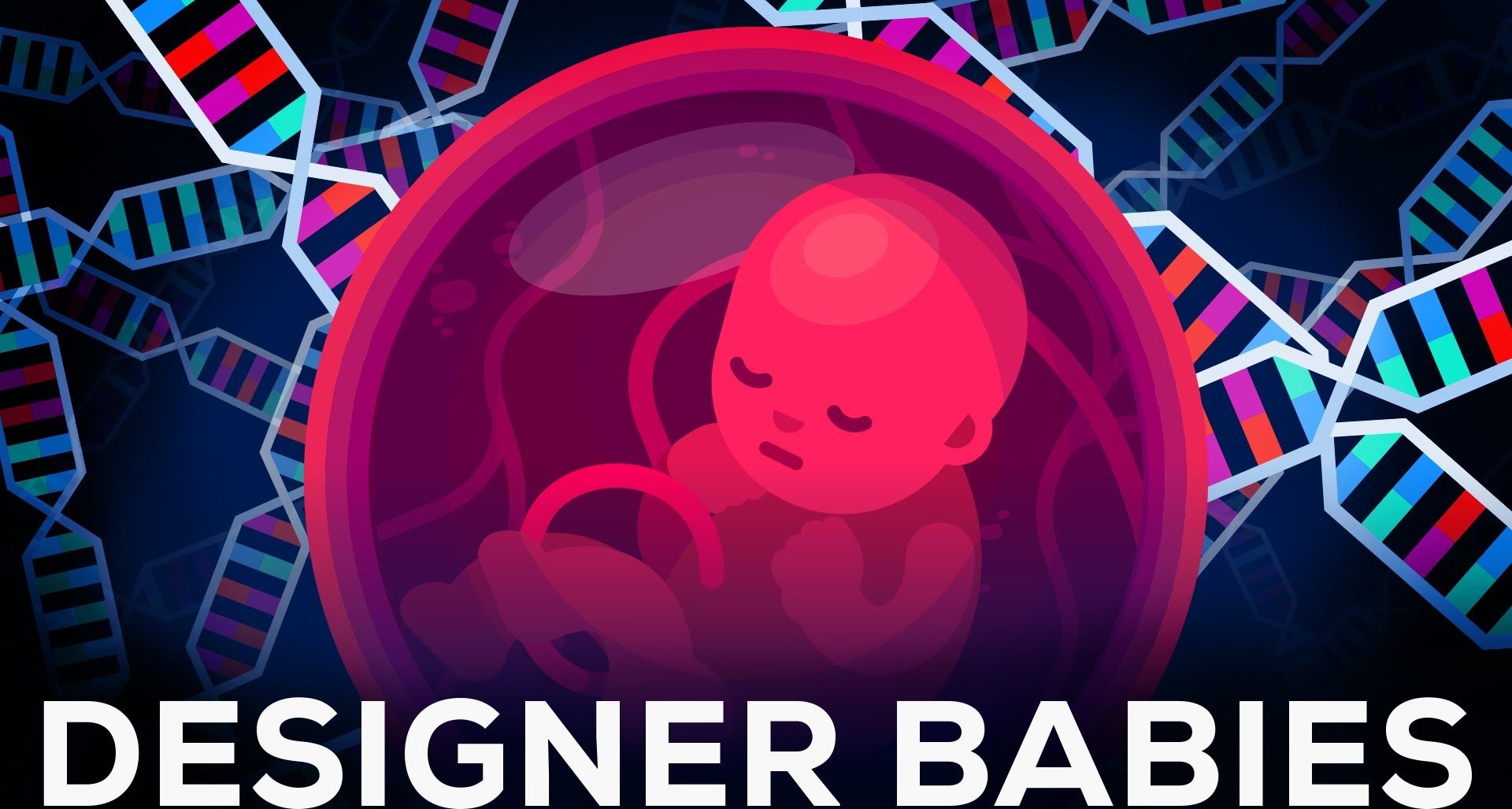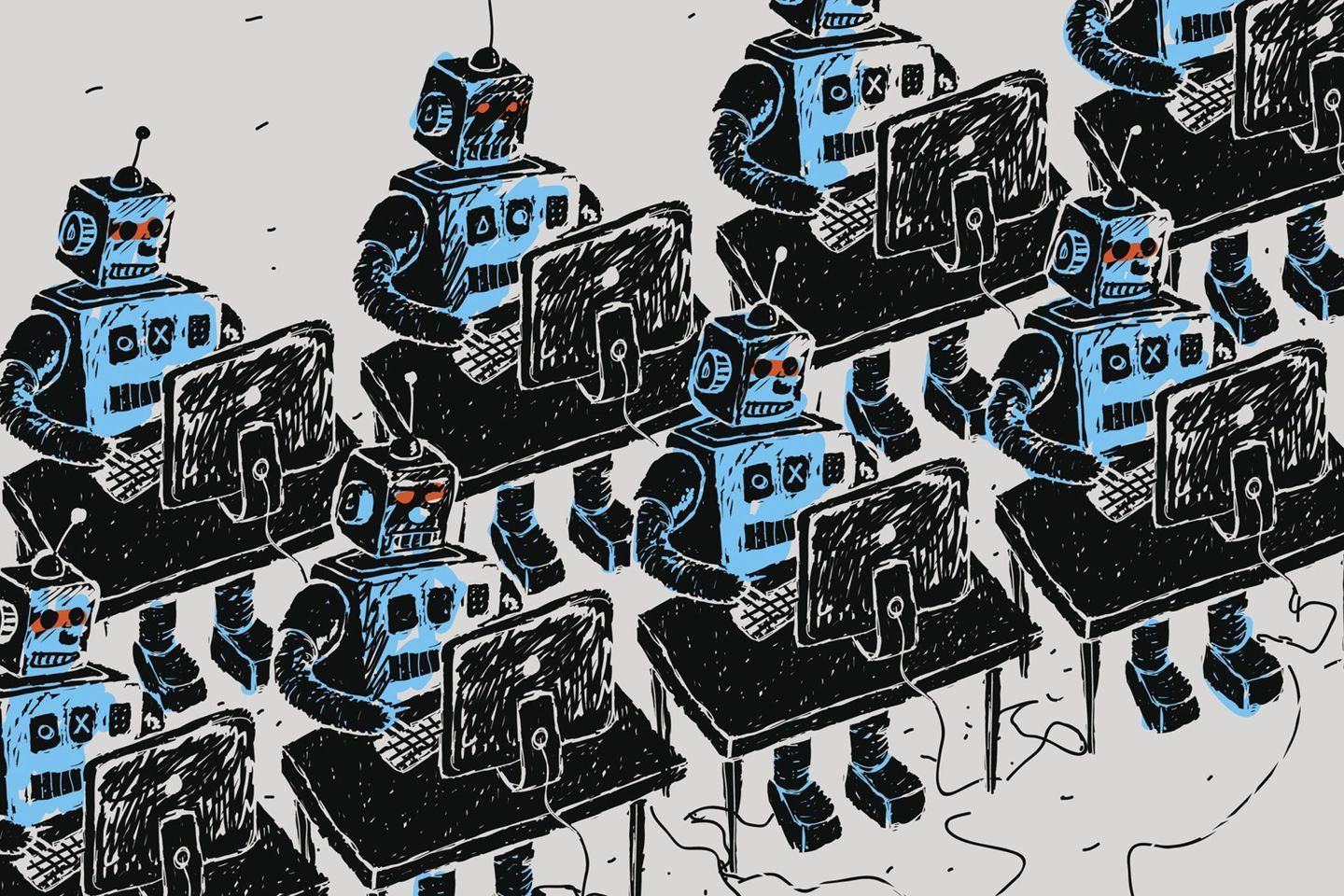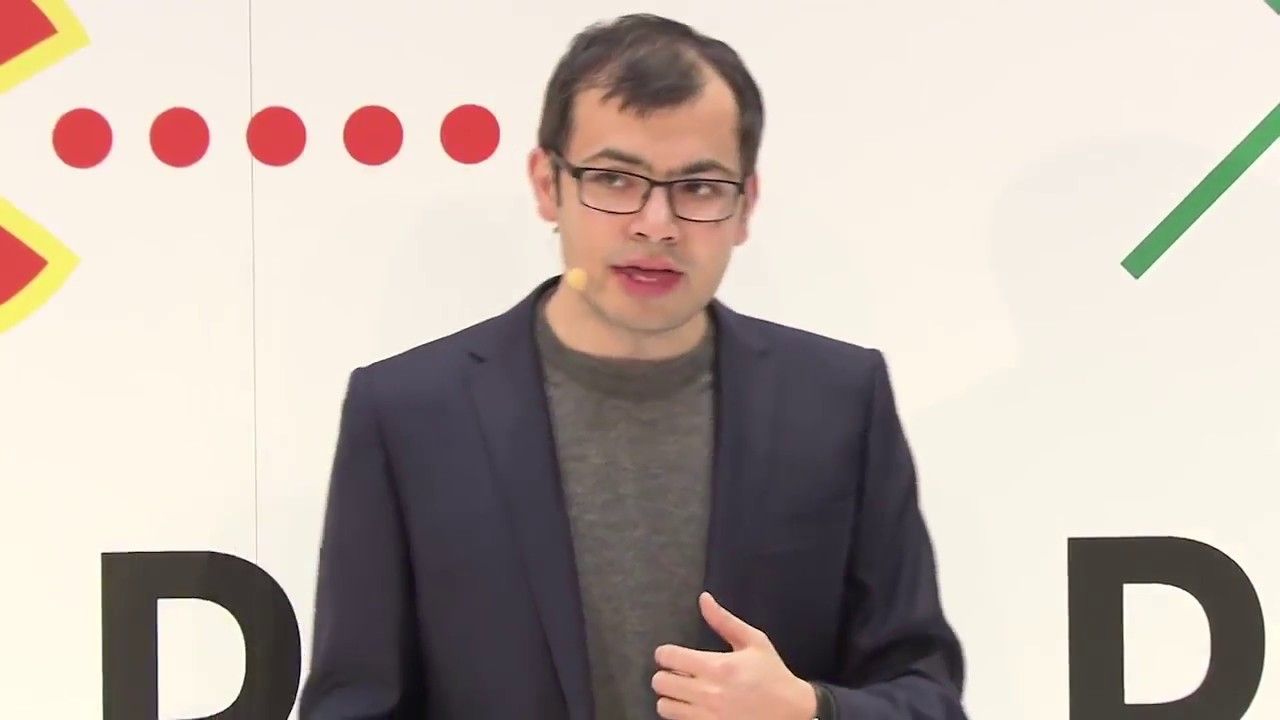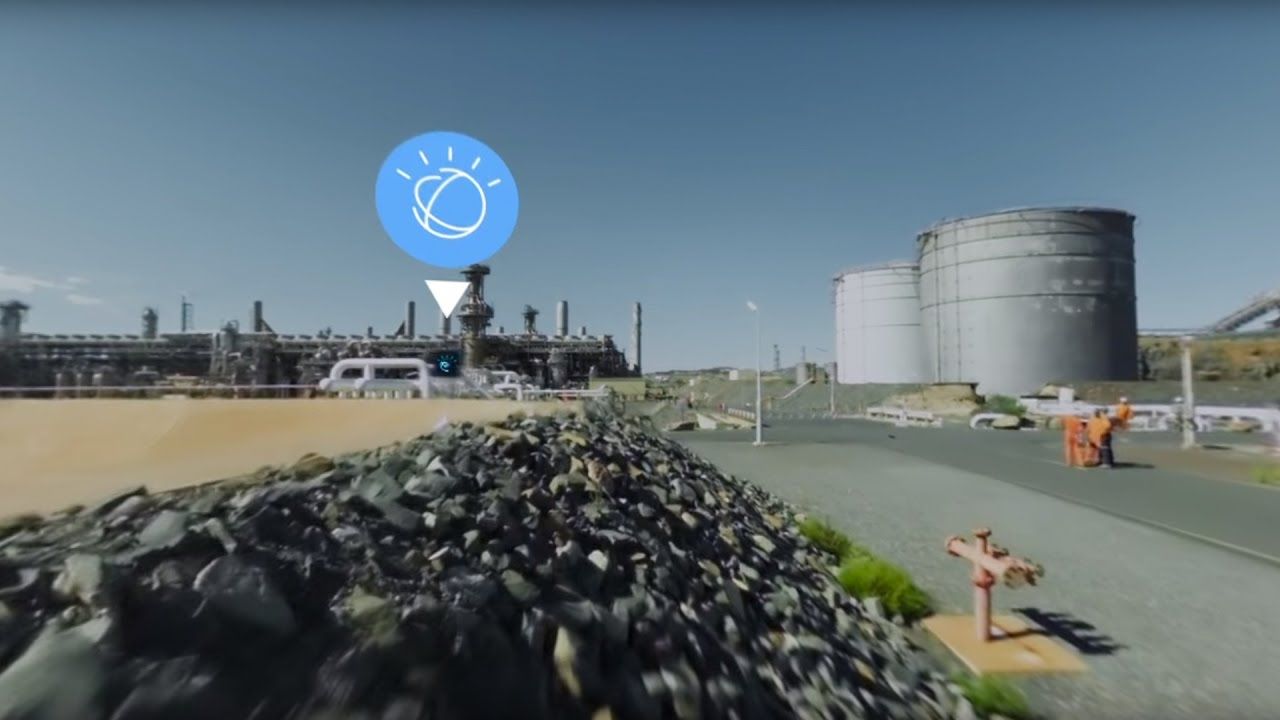Apr 17, 2017
We Must Prepare for CRISPR Bioterror Threats
Posted by Shane Hinshaw in categories: bioengineering, biotech/medical, genetics, government
- An advisory council has urged the U.S. to establish a new body that creates plans for national biodefense and to set aside a $2 billion standby fund to address emerging bioterror threats.
- As gene editing technology advances, the potential for its use as a weapon increases, and preparing for such threats before they happen is of the utmost importance.
Though the technology promises seemingly innumerable ways to positively impact human life, gene editing is truly a double-edged sword, with nearly as many potentially negative consequences as benefits. Now, an advisory council to President Obama is urging the government to start creating countermeasures for the negative use of emerging biotechnologies.
This month, the President’s Council of Advisors on Science and Technology (PCAST) wrote a letter to President Obama recommending measures to address this potential for harm using new technologies. It advocates funding new research into antibiotic and antiviral drugs to combat resistance and having a $250 million fund for the stockpiling of vaccines.


















